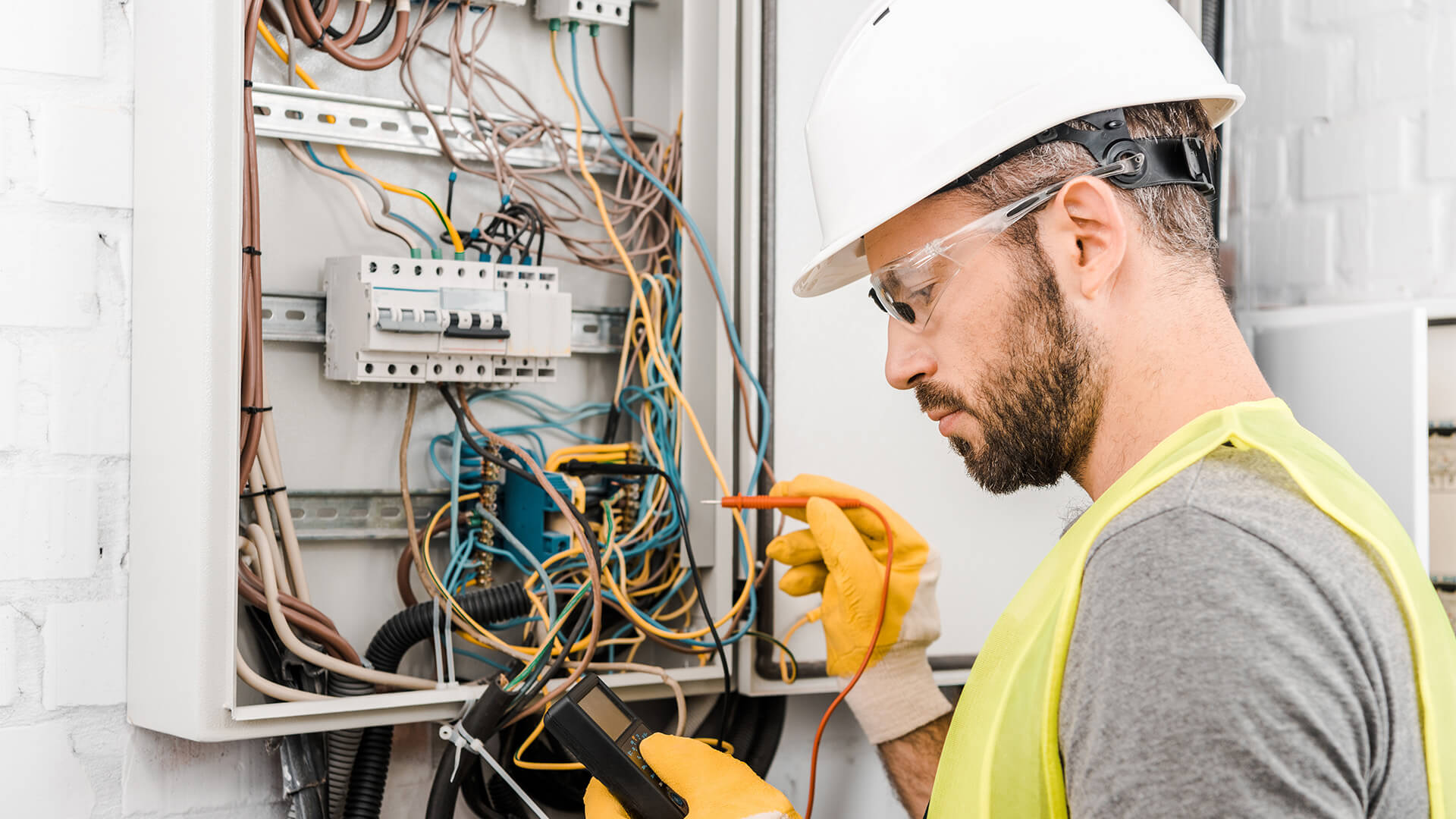Embarking on a career in electrical and plumbing work can be both rewarding and fulfilling. These skilled trades not only offer job security but also provide opportunities for personal and professional growth. If you’re interested in pursuing a job in this field, here’s a comprehensive guide on how to get started.

1. Understand the Trade
Before diving into your job search, it's essential to understand the basics of both electrical and plumbing work.
Electrical Work involves installing, repairing, and maintaining electrical systems, including wiring, outlets, and circuit breakers.
Plumbing focuses on the installation and repair of water supply systems, drainage, and fixtures like sinks, toilets, and showers.
Both trades require technical skills and knowledge of safety protocols and local building codes.
2. Obtain Necessary Education and Training
High School Diploma or GED
Most employers require candidates to have a high school diploma or a General Educational Development (GED) certificate. Courses in math, science, and technology can be beneficial.
Vocational Training
Consider enrolling in a vocational or trade school that offers programs in electrical and plumbing training. These programs typically provide hands-on experience and teach essential skills.
Apprenticeship
After completing vocational training, seek apprenticeship opportunities. Apprenticeships combine on-the-job training with classroom instruction and can last anywhere from 1 to 5 years. You’ll learn from experienced professionals while earning a wage.
3. Acquire Necessary Certifications and Licenses
In many areas, electricians and plumbers must obtain specific licenses to work legally. Requirements vary by state or region, but generally, you’ll need to:
Pass a Licensing Exam: After completing your apprenticeship, you’ll likely need to pass a licensing exam that tests your knowledge of local codes, regulations, and safety practices.
Obtain Certifications: Some states offer additional certifications that can enhance your qualifications and increase your job prospects. Consider obtaining certifications in specialized areas, such as HVAC or green plumbing.
4. Build Your Resume
Craft a professional resume that highlights your skills, training, and any relevant experience. Include:
Education: List your educational background, including any vocational training or certifications.
Apprenticeship Experience: Detail your apprenticeship, including the duration, type of work performed, and any specialized skills acquired.
Technical Skills: Highlight skills relevant to electrical and plumbing work, such as knowledge of tools, problem-solving abilities, and familiarity with safety regulations.
5. Network in the Industry
Networking can significantly enhance your job search. Attend industry events, join local trade associations, and connect with professionals in the field. Building relationships can lead to job referrals and insights into job openings.
6. Search for Job Opportunities
Online Job Boards
Use online job boards such as Indeed, Glassdoor, or LinkedIn to search for electrical and plumbing job openings. Use relevant keywords and filter by location to find suitable positions.
Local Trade Unions
Consider joining a local trade union, which can provide job placement services and access to apprenticeship programs.
Company Websites
Visit the websites of local electrical and plumbing companies to check for job postings. Many companies prefer to advertise openings on their sites first.
7. Prepare for Interviews
Once you secure interviews, prepare by:
Researching the Company: Understand the company’s services, culture, and reputation in the industry.
Practicing Common Interview Questions: Be ready to discuss your experience, skills, and why you’re interested in the position.
Demonstrating Technical Knowledge: Be prepared to answer technical questions related to electrical and plumbing systems.
8. Continue Your Education
The electrical and plumbing industries are constantly evolving with new technologies and regulations. Consider continuing education courses to stay updated on industry trends and improve your skills. This commitment can enhance your employability and career advancement opportunities.
Conclusion
Getting a job in electrical and plumbing work requires a combination of education, training, and hands-on experience. By understanding the trade, completing the necessary training, obtaining certifications, and networking within the industry, you can successfully launch your career. With persistence and dedication, you’ll find opportunities that lead to a rewarding and sustainable profession in these essential fields.





